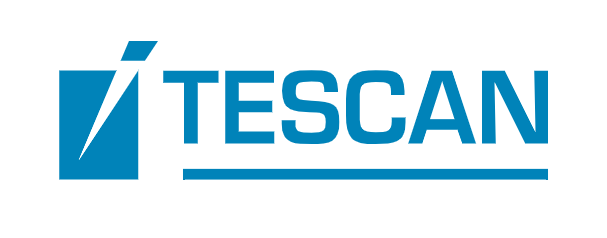Speaker
Description
The wetting condition of the reservoir is known to have a big impact on oil recovery by waterflooding and wettability alteration has been widely accepted as one major mechanism of many enhanced oil recovery techniques. However, it remains not fully clear what wetting conditions lead to the maximum oil recovery, and there were seemingly contradictions between different studies in terms of the optimal wettability. Although several mechanisms were proposed to explain how wettability influences the waterflooding process, the relation between such influences and oil recovery can often be uncertain, and the mechanism themselves sometimes lack direct evidence.
This work looks directly into the pore-scale phenomena to add to the understanding of how wettability impacts the trapping and recovery of oil. First, fully capillary-dominated waterflooding processes are considered, as is the common assumption under reservoir condition. It is found that depending on the pore-scale geometry, either strongly water-wet or weakly water-wet can lead to the least trapping of oil, and relevant mechanisms are proposed based on the direct pore-scale observations. Then the assumption of capillary forces fully dominating at low capillary number is challenged as it is shown that the viscous force can have a big impact on the flow pattern and thus oil trapping, even at low capillary number and without viscous fingering. Finally, the relation between oil recovery and wettability is discussed and summarized based on the new findings, with emphasis on how rock structure can alter the relation.
| Time Block Preference | Time Block B (14:00-17:00 CET) |
|---|---|
| Acceptance of Terms and Conditions | Click here to agree |
| Newsletter | I do not want to receive the InterPore newsletter |






